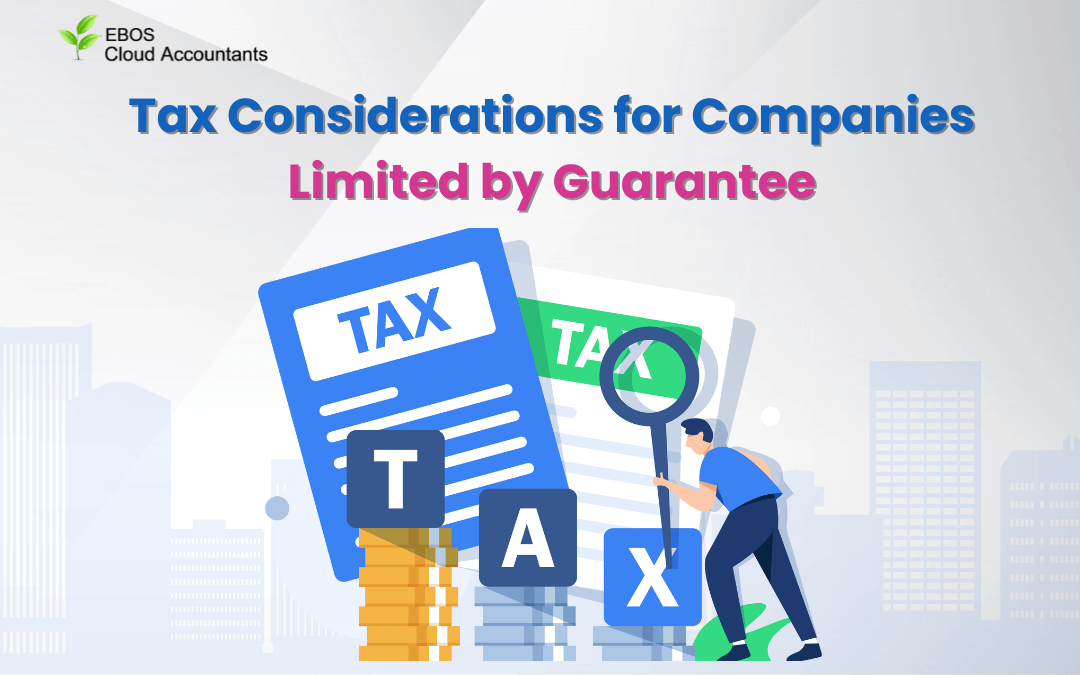Certainly! Here is the provided text converted to active voice wherever applicable:
Companies limited by guarantee produce more confusion than necessary in financial reporting, despite the fact that it is pretty simple.
A business limited by guarantee is simply a limited company, with the obvious exception that there is no share capital. The company’s members are guarantors, not shareholders.
Tax-Exempt Status
Obtaining and maintaining tax-exempt status is critical for corporations limited by guarantee (CLGs) that operate as non-profit organizations or charities.
Tax Exemption Eligibility: Because many CLGs are non-profit organizations, they may qualify for tax exemption. In most jurisdictions, they must apply to the relevant tax office and meet certain conditions, which frequently include philanthropic goals, community benefit, and non-distribution of earnings to members.
Application Process: Obtaining tax-exempt status typically requires providing thorough documents explaining the organization’s structure, activities, and finances.
To preserve tax-exempt status, CLGs must normally follow specific reporting and operating criteria, such as filing yearly returns and financial statements and ensuring that operations are limited to specified objectives.
Corporate Tax
Taxable Income: If a CLG is not tax-exempt, it may be liable to corporation taxes on its profits. However, many of its sources of income, such as donations, grants, and membership fees, may not be taxable.
Moreover, even if liable to corporate tax, a CLG may be able to deduct charitable-related expenses, lowering its taxable income.
Goods and Services Tax (GST)
Registration Requirements: Depending on the authority, CLGs may need to file an application for VAT or GST if their taxable supply surpasses a certain threshold.
Furthermore, many activities carried out by CLGs, notably those related to education, healthcare, and social services, may be exempt from VAT/GST. This can vary widely among countries.
If a CLG has filed for VAT/GST, it may be eligible to obtain tax credits on purchases linked to its activities.
Annual Reporting
CLGs frequently present annual financial statements to the relevant regulatory bodies, which may include information on income, expenses, assets, and liabilities.
In some circumstances, financial reports must be made public to ensure transparency and accountability.
Property Taxes
In many jurisdictions, CLG-owned properties for charity purposes may be excluded from property taxes. This exemption frequently necessitates an application and meeting particular conditions.
The property must normally be utilized directly for charity purposes in order to qualify for the deduction.
Annual Reporting
CLGs frequently provide annual financial statements to regulatory organizations, which may include information on income, expenses, assets, and liabilities.
In some circumstances, financial reports must be made publicly available to ensure transparency and accountability.
In Summary
While firms limited by guarantee have significant tax benefits, particularly when conducting charity operations, they must navigate a complicated terrain of tax legislation and compliance obligations.
Ensuring compliance with these requirements is critical to keeping their tax-exempt status and avoiding any penalties. In order to efficiently manage their duties, CLGs should frequently obtain competent tax counsel.
Contact EBOS Cloud Accountants today to check that your organization’s activities and financial practices are consistent with your stated non-profit objectives and tax-exempt standards.







